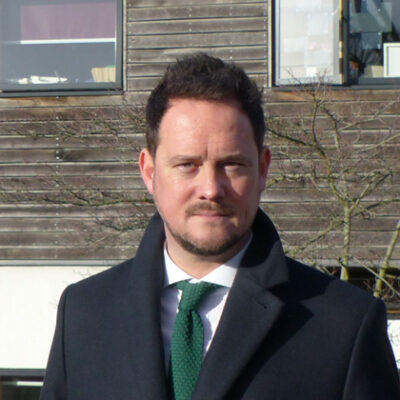Ministers have been accused of “gaming the figures” on the government’s flagship breakfast clubs scheme after it emerged that more than half of the clubs involved so far are not new.
The Department for Education said last month that more than 1,200 schools had signed up to the national school breakfast programme, which began last July and runs for two years.
However, data released under the Freedom of Information act shows that 772 of those schools already ran breakfast club provision before joining the government scheme.
The figures suggest that fewer than 500 schools have set up new clubs since July.
Ministers said the new scheme, which has £24 million in funding, would reach “up to 2,500 schools” in disadvantaged areas.
Stephen Morgan, the shadow schools minister, said ministers were “disingenuously gaming the figures on their breakfast programme to make their underwhelming efforts appear more impressive”.
“The government has treated our children as an afterthought throughout the pandemic and is letting them down once again,” he said.
Breakfast clubs data has been criticised before
It is not the first time the government has been criticised over its use of data on the breakfast clubs programme.
In 2020 Schools Week revealed that fewer than 300 of 1,800 clubs the government claimed to have “created or improved” in its first three-year scheme were new.
Magic Breakfast, which ran the previous scheme with the charity Family Action, did not bid to be involved in the two-year extension.
It warned that the fixed funding and wide reach of the scheme could compromise quality.

The current scheme also differs from the initial programme in that schools will have to pay 25 per cent of the costs when the subsidy is reduced from this August.
Under the old scheme, all costs were covered by the government.
The subsidy was due to end in March, but the DfE announced an extension earlier this year.
It also widened the eligibility criteria to include all schools with 40 per cent or more pupils in the most disadvantaged income bands. The threshold was previously 50 per cent.
A DfE spokesperson said it had seen “strong interest from eligible schools”, but admitted that 772 schools who joined the current programme “were already running a breakfast club that was not part of a government-funded scheme”.
Family Action was approached for comment.
















Your thoughts